Introduction
The debate between hydraulic and mechanical systems is a prominent one in the world of mechanics and engineering. Both systems have their strengths and drawbacks, and both have made significant contributions to the evolution of machinery and industrial technology. But as the technology landscape continues to evolve, hydraulics is coming into sharper focus. This article will delve into the specifics of hydraulic systems, comparing them to their mechanical counterparts, and explaining why hydraulics are gaining an edge.
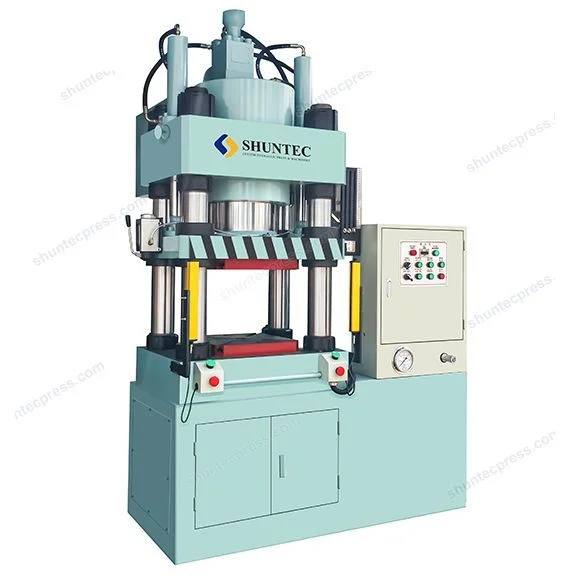
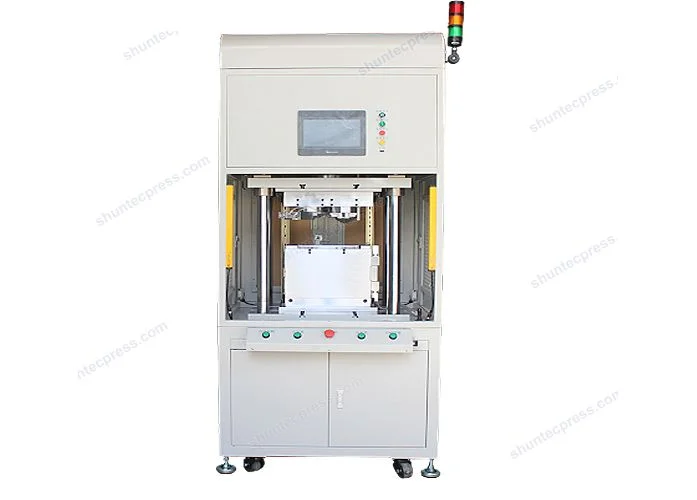
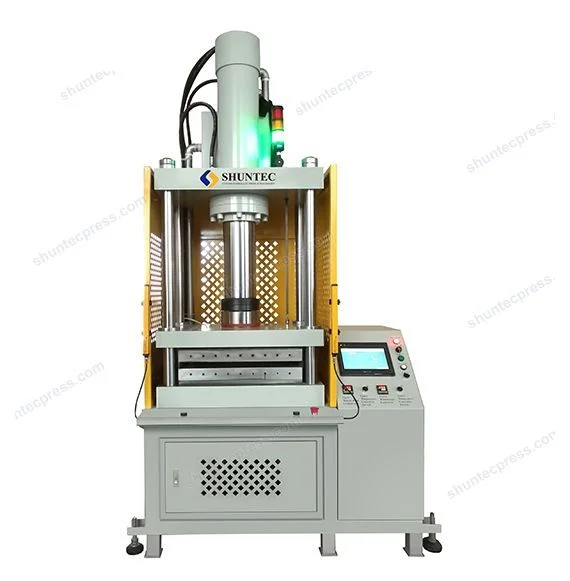
Understanding Hydraulics and Mechanical Systems
A. Explanation of Hydraulic Systems
Hydraulic systems utilize the power of fluids—typically oils—to transmit power from one location to another within a system. Hydraulic energy is produced when the fluid is pressurized, and this energy can be used to perform work, such as lifting heavy loads or operating complex machinery.
B. Explanation of Mechanical Systems
Mechanical systems, on the other hand, utilize gears, levers, and other mechanical components to transmit power. These systems depend on the principles of mechanical engineering, particularly the relationship between force, motion, and energy, to perform work.
Advantages of Hydraulic System over Mechanical System
Hydraulic systems come with several advantages over their mechanical counterparts, including:
A. High Power-to-Size Ratio
Hydraulic systems can generate a substantial amount of power despite their compact size, making them ideal for applications where space is limited. This is possible because hydraulic fluid can store a large amount of potential energy.
B. Constant Force/Torque
Hydraulic systems can maintain constant force or torque output without the need for complex control systems. They can provide steady, unchanging power, making them reliable for tasks that require precision.
C. Simplified Controls
Operating hydraulic systems can be simpler than mechanical systems. The latter may require intricate gear or lever arrangements to function effectively, while hydraulic systems can be controlled by regulating fluid pressure and flow.
D. Efficiency and Durability
Hydraulic systems are often more efficient than mechanical systems due to fewer moving parts that can wear out. They’re also more resistant to shock loads, and their components are generally more durable.
E. Flexibility and Versatility
Hydraulic systems can easily be scaled up or down to match the needs of a particular application. They’re also capable of a wide range of operations, from simple tasks like lifting a car to intricate processes like operating an industrial robot.
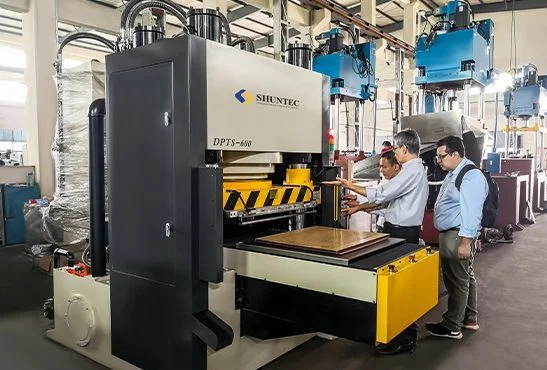
Five Key Advantages of Hydraulics
Delving deeper into the benefits of hydraulics, we can outline five key advantages:
A. Power and Strength
As mentioned earlier, hydraulic systems can generate an impressive amount of power despite their small size. This is crucial in many industrial applications, where compact yet powerful machinery is necessary.
B. Control and Accuracy
Hydraulic systems provide precise control over movement, thanks to their ability to maintain constant force or torque. This makes them ideal for tasks requiring fine adjustments or delicate operations.
C. Multiplication and Variation of Force
Hydraulic systems can multiply force easily. A small amount of force applied at one end can produce a large amount of force at the other end. They also allow for easy variation of force by adjusting the fluid pressure.
D. Less Noise and Vibration
Compared to mechanical systems, hydraulic systems usually produce less noise and vibration. This not only creates a more comfortable work environment but also contributes to the longevity of the system by reducing wear and tear.
E. Safety and Reliability
Due to their inherent strength, durability, and simplicity of control, hydraulic systems are often safer and more reliable than mechanical systems.
Four Additional Benefits of Hydraulic Systems
Beyond the five key advantages, hydraulic systems also offer these benefits:
A. Long Operational Lifespan
Hydraulic systems are known for their durability and can operate effectively for many years with proper maintenance. This long lifespan makes them a cost-effective choice in the long run.
B. Ease of Maintenance
With fewer moving parts than mechanical systems, hydraulic systems are typically easier and less expensive to maintain. Any issues that arise can usually be resolved by replacing or repairing a single component.
C. Adaptive to Harsh Environments
Hydraulic systems are resistant to harsh environmental conditions such as dust, heat, and cold, making them suitable for a wide range of industrial applications.
D. Load and Overload Protection
Hydraulic systems often have built-in overload protection. If the system experiences a load greater than its capacity, the pressure relief valve will open to protect the system from damage.
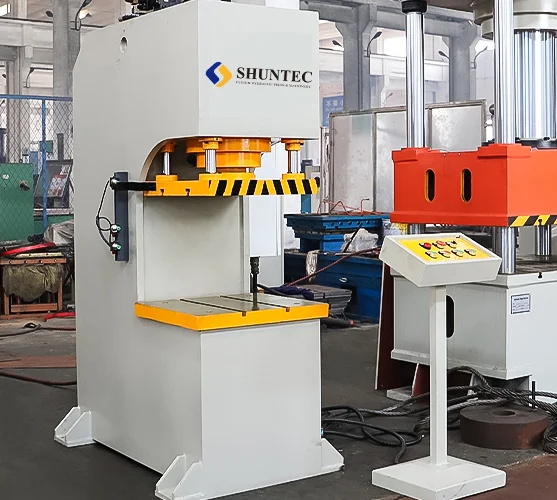
Advantages and Disadvantages of Hydraulic Machines
Even though hydraulic machines offer many advantages, it’s only fair to discuss their disadvantages as well:
A. Advantages:
- High power output: As discussed, hydraulic machines can deliver high power output relative to their size.
- Precision and control: The precision and control offered by hydraulic systems make them indispensable in numerous applications.
- Flexibility in design: Hydraulic machines can be easily designed and modified to suit specific tasks.
- Robustness and reliability: Hydraulic machines are robust, reliable, and capable of withstanding harsh conditions.
B. Disadvantages:
- Potential for leaks: Hydraulic systems operate on fluid power, and leaks can occur, leading to performance issues or environmental concerns.
- Regular maintenance required: While generally easier to maintain than mechanical systems, hydraulic systems still require regular maintenance to prevent wear and tear and ensure optimal performance.
- High initial setup costs: Hydraulic systems can be expensive to set up due to the cost of components and installation.
- Environmentally sensitive: Hydraulic fluids can be harmful to the environment if not handled and disposed of properly.
Why is Hydraulic Better?
Hydraulics offer numerous advantages over mechanical systems, ranging from power output to versatility, control, and reliability. Even though they come with certain disadvantages such as the potential for leaks and high initial setup costs, the benefits often outweigh these drawbacks. Moreover, technological advancements are continually addressing these challenges, further strengthening the case for hydraulics.
The future of hydraulics in industries seems promising due to their flexibility and adaptability. They’re already being used in diverse applications, from aviation and marine transport to manufacturing and construction. As our technology evolves, it’s likely we’ll see even more innovative uses for hydraulic systems.
Conclusion
In conclusion, hydraulic systems offer numerous advantages over mechanical systems, making them an increasingly popular choice in various industries. While both systems have their place, the versatility, durability, and power of hydraulics make them an attractive option for many applications. It’s clear that the future of hydraulics is bright, and we can look forward to seeing how these systems continue to drive innovation in technology and industry.
